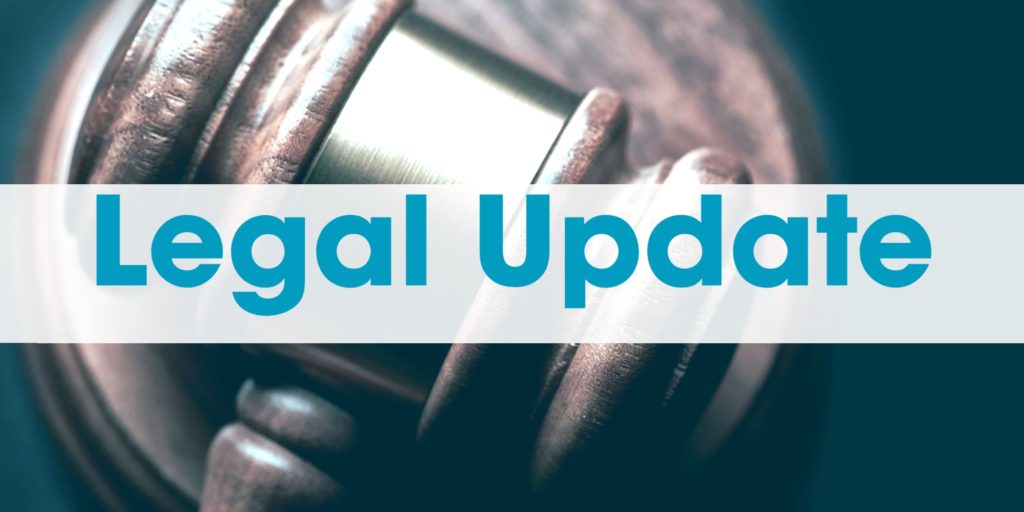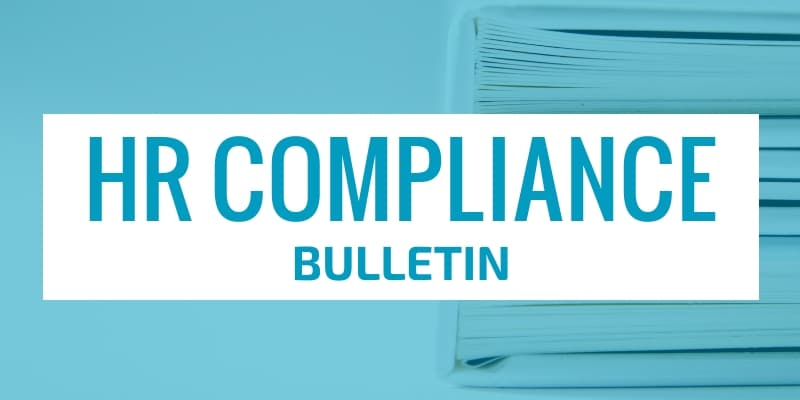 Coronavirus Disease 2019 (COVID-19) is a respiratory disease caused by the SARS-CoV-2 virus. It has spread from China to many other countries around the world, including the United States. Depending on the severity of COVID-19’s international impacts, outbreak conditions—including those rising to the level of a pandemic—can affect all aspects of daily life, including travel, trade, tourism, food supplies, and financial markets.
Coronavirus Disease 2019 (COVID-19) is a respiratory disease caused by the SARS-CoV-2 virus. It has spread from China to many other countries around the world, including the United States. Depending on the severity of COVID-19’s international impacts, outbreak conditions—including those rising to the level of a pandemic—can affect all aspects of daily life, including travel, trade, tourism, food supplies, and financial markets.
To reduce the impact of COVID-19 outbreak conditions on businesses, workers, customers, and the public, it is important for all employers to plan now for COVID-19. For employers who have already planned for influenza pandemics, planning for COVID-19 may involve updating plans to address the specific exposure risks, sources of exposure, routes of transmission, and other unique characteristics of SARS-CoV-2 (i.e., compared to pandemic influenza viruses). Employers who have not prepared for pandemic events should prepare themselves and their workers as far in advance as possible of potentially worsening outbreak conditions. Lack of continuity planning can result in a cascade of failures as employers attempt to address challenges of COVID-19 with insufficient resources and workers who might not be adequately trained for jobs they may have to perform under pandemic conditions.


 The rapidly evolving COVID-19 situation has employers scrambling to deal with a variety of employment issues, many of which they’ve never previously encountered. We've compiled some of the employers' most common questions, including how the Families First Coronavirus Response Act affects employers, how to handle business closures, and what benefits are available to employees.
The rapidly evolving COVID-19 situation has employers scrambling to deal with a variety of employment issues, many of which they’ve never previously encountered. We've compiled some of the employers' most common questions, including how the Families First Coronavirus Response Act affects employers, how to handle business closures, and what benefits are available to employees. As part of sweeping legislation—the Families First Coronavirus Response Act (FFCRA)—signed into law by President Trump on March 18, 2020, two laws were enacted that provide workers with paid leave for reasons related to the coronavirus (COVID-19) pandemic.
As part of sweeping legislation—the Families First Coronavirus Response Act (FFCRA)—signed into law by President Trump on March 18, 2020, two laws were enacted that provide workers with paid leave for reasons related to the coronavirus (COVID-19) pandemic. Coronavirus Disease 2019 (COVID-19) is a respiratory disease caused by the SARS-CoV-2 virus. It has spread from China to many other countries around the world, including the United States. Depending on the severity of COVID-19’s international impacts, outbreak conditions—including those rising to the level of a pandemic—can affect all aspects of daily life, including travel, trade, tourism, food supplies, and financial markets.
Coronavirus Disease 2019 (COVID-19) is a respiratory disease caused by the SARS-CoV-2 virus. It has spread from China to many other countries around the world, including the United States. Depending on the severity of COVID-19’s international impacts, outbreak conditions—including those rising to the level of a pandemic—can affect all aspects of daily life, including travel, trade, tourism, food supplies, and financial markets.